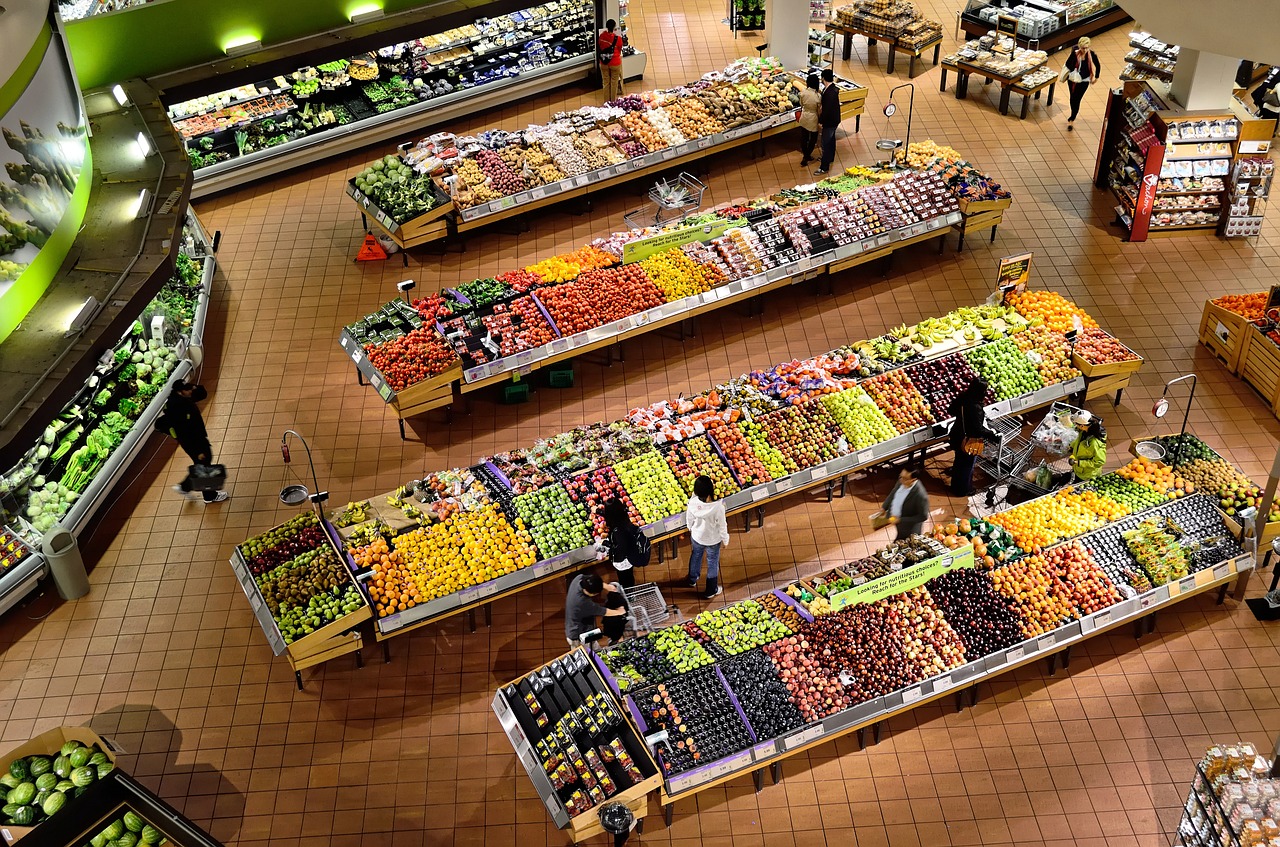
What is organic food? Organic food is food that doesn’t have synthetic chemicals or toxic substances like pesticides. This also includes meat; you don’t have to be vegan to eat organic. These animals eat organic food and aren’t injected with growth hormones.
In this guide, I talk about reasons why and why not to choose organic food. There are pros and cons to most things and I think it’s important to acknowledge that. I wrote about my favorite tips and advice.
Reasons to choose organic food
Organic food is not only healthy, but delicious too. Choosing an organic food diet exposes you to a whole new world of flavors and food choices. Here are some other reasons to enjoy organic food:
You’re helping the environment. Organic food goes hand in hand with sustainable farming practices and ethical production methods. Look for local businesses that try to reduce our negative impact on the environment.
You’re helping people too. Buying organic and fair-trade products doesn’t just help the environment and animal life; you’ll also be supporting other people who also care for the environment and grow organic food.
You’re helping yourself. Just cutting processed sugar from your diet is known to have great benefits. Organic food is good for your health, but I also really
enjoyed learning about food, nutrition, and sustainability along the way.
Reasons not to choose organic food
Although I love organic food, I also know that it’s not always easy to stick to it. Here are some of the potential problems or things to consider when switching to organic food.
You can’t really stock up. Most organic foods are fresh and go bad in a few days. If you cannot buy fresh food often, you still have some choices. However, you’ll have to get used to the shorter shelf life.
Organic food takes more time to prepare. If you’re extremely busy, you may not have time to cook often. Organic dishes usually require some prep time, which may take some adjusting to unless you like cooking.
Organic food is usually more expensive or not as easily available. Depending on where you live, fresh fruits and vegetables may be hard to come by and cost more. You may have to find other places that are farther if your local store doesn’t carry organic food.
Tips for switching to organic food
It’s not easy to change the way you eat, especially since organic food isn’t as common. Here are some tips to help you incorporate it into your life.
Start small. Organic eating doesn’t have to be all or nothing. Start with one meal or one day where you only eat organic food. Don’t rush; simply including it in your meals is really beneficial, even if you don’t go 100% organic.
Rather than changing everything you eat right away, you can start by substituting one type of food at a time. Start with replacing sugar with a natural sweetener, or switching to organic coffee.
Find replacements for your favorite snacks or food. You don’t have to cut desserts, chips, and other snacks out of your life. There are organic alternatives that will satisfy your sweet tooth just as well.
Look for farmers markets. If your grocery store doesn’t carry a lot of organic food, you may find more options and better prices at local businesses or outdoor markets.
Eat seasonally. Find out which fruits and vegetables are in season. They are fresher and more affordable. Plus, you’ll have more variation in your meals since you change what you buy depending on the time of year.
Conclusion
I really hope this helps you know more about organic food. The most important thing is that you’re happy with what you eat and are able to make conscious, informed choices. Let me know what you think in the comments!
